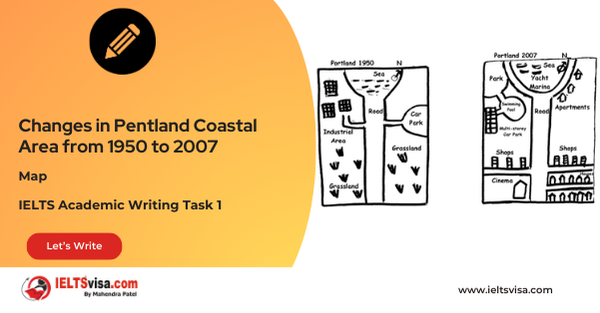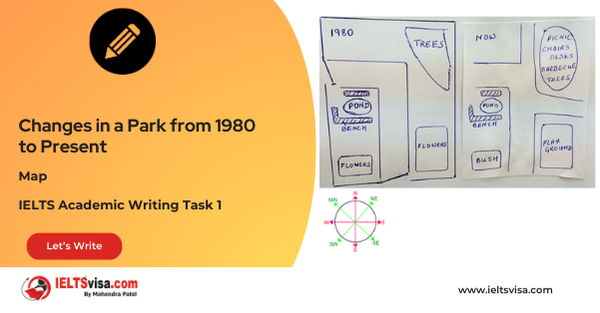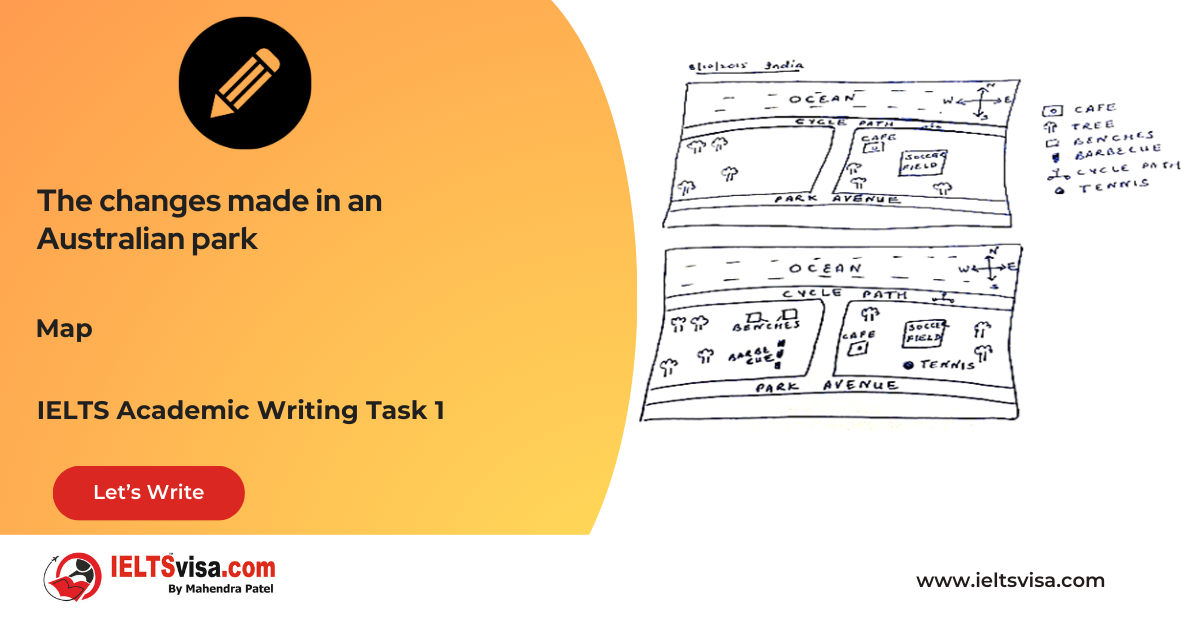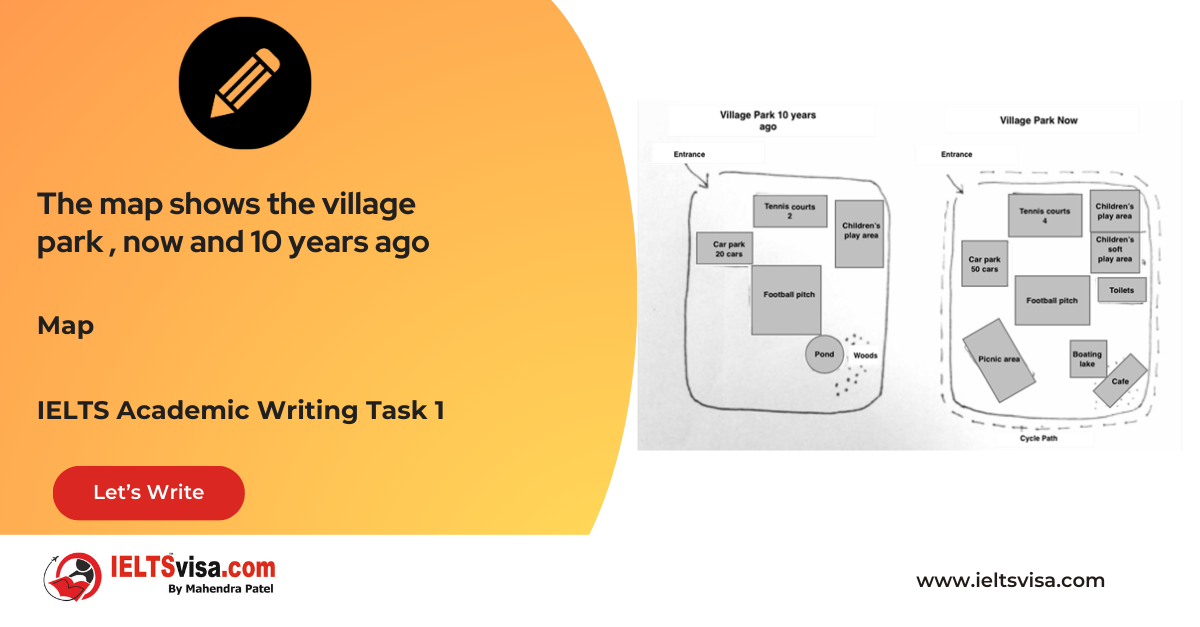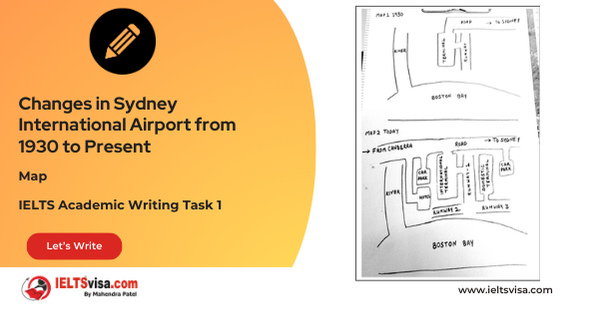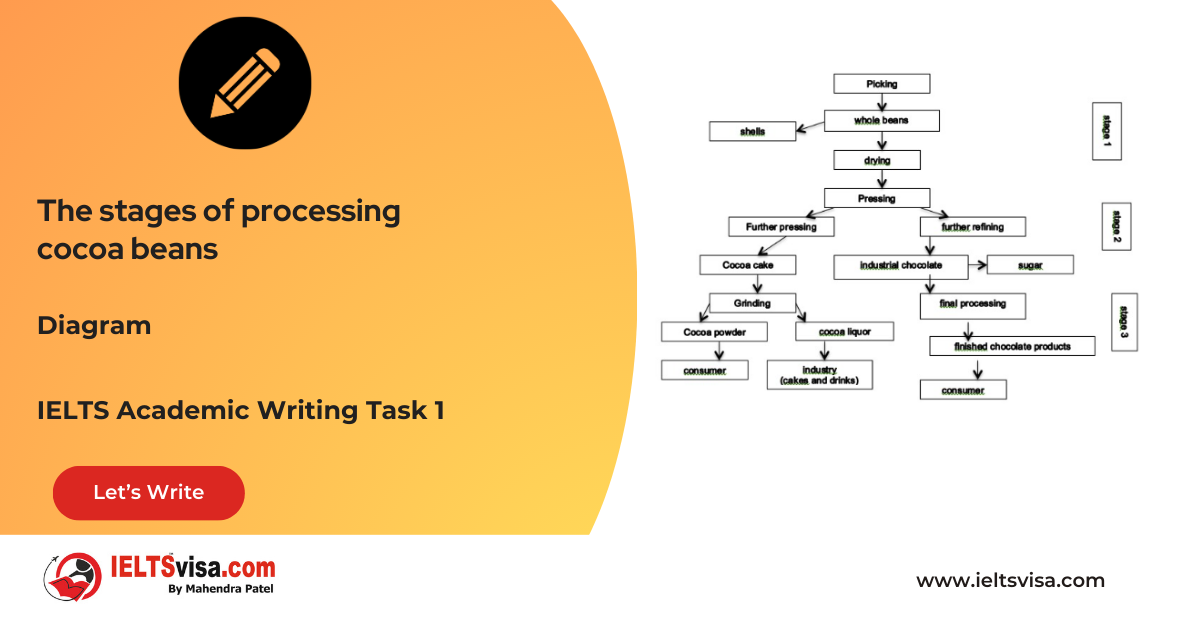Reliability of Print and Non-Print Academic Materials by Students at Three British Universities
IELTS Academic Writing Task 1 - Combination Bar Graph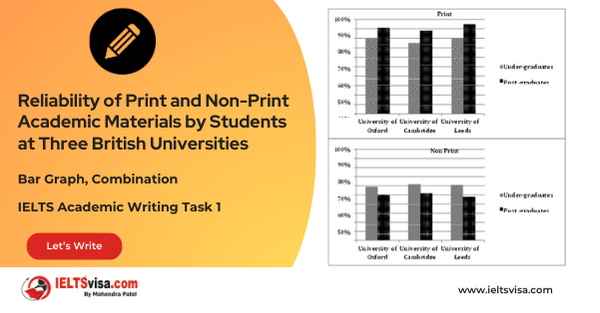
IELTS Writing Task 1 Question
The following graphs depict the reliability of print and non-print academic materials as voiced by undergraduates and postgraduates at 3 different British universities. Summarise the information by selecting and reporting the main features and make comparisons where relevant.
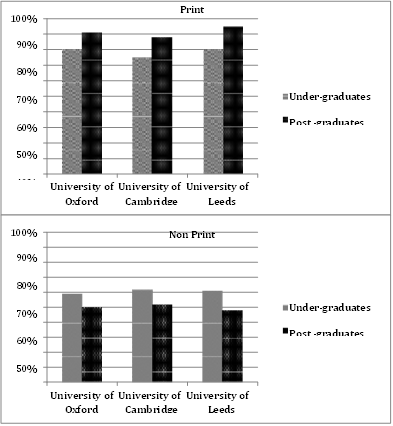
Common Questions for the Combination Bar Graph
1. Graph Type: Bar Charts
2. Title: Reliability of Print and Non-Print Academic Materials by Students at Three British Universities
3. Focus: Comparison of undergraduate and postgraduate perceptions of print and non-print materials
Main Features and Trends General Observations:
Preference for Print Materials:
- Details:
1. Across all three universities, students overwhelmingly consider printed materials more reliable than non-print materials.
Sample Answer
The given charts compare the perceptions of undergraduate and postgraduate students regarding the reliability of print and non-print academic materials at three British universities: Cambridge, Oxford, and Leeds.
Overall, printed materials are rated as more reliable by students in all three universities.
Among undergraduate students, 75% at Cambridge and 80% at both Oxford and Leeds regard printed resources as reliable. In contrast, postgraduate students express even higher confidence in printed materials, with reliability ratings of 92% at Oxford, 87% at Cambridge, and 96% at Leeds. This indicates that more postgraduates find printed materials more dependable than undergraduates.
Conversely, the reliability of non-print academic resources is perceived differently. Among undergraduates, 59% at Oxford, 63% at Cambridge, and 61% at Leeds view non-print materials positively. However, this trend reverses for postgraduates, with only 50%, 54%, and 47% expressing trust in non-print materials at the same universities.
Top 30 Vocabularies
| Vocabulary (type) | Type | Meaning | Synonyms | Examples |
| Perceptions | Noun | The way in which something is regarded, understood, or interpreted | Views, beliefs, opinions | “Students have differing perceptions of print and non-print materials.” |
| Reliability | Noun | The quality of being trustworthy or of performing consistently well | Dependability, trustworthiness, credibility | “Printed materials are seen as more reliable than non-print materials.” |
| Undergraduates | Noun | Students who have not yet received a first-degree | Students, college students, first-degree students | “Undergraduates at Cambridge rated printed materials highly.” |
| Postgraduates | Noun | Students who hold a first degree and are pursuing further studies | Graduate students, advanced students | “Postgraduates showed a higher preference for printed resources.” |
| Proportion | Noun | A part or fraction of a whole | Percentage, share, ratio | “A significant proportion of students favour printed materials.” |
| Compare | Verb | To examine the similarities or differences between things | Contrast, evaluate, analyze | “The charts compare the perceptions of students at three universities.” |
| Academic | Adjective | Related to education, schools, or scholarly activities | Educational, scholarly | “Academic materials include both print and non-print resources.” |
| Materials | Noun | Substances or resources used for a particular purpose | Resources, tools, supplies | “Non-print academic materials are less trusted by postgraduates.” |
| Dependable | Adjective | Trustworthy and reliable | Reliable, trustworthy, credible | “Printed materials are seen as dependable by most students.” |
| Express | Verb | To communicate or convey thoughts, feelings, or opinions | Convey, articulate, state | “Postgraduates express higher confidence in printed materials.” |
| Confidence | Noun | The feeling of trust in something or someone | Trust, belief, assurance | “Postgraduates show greater confidence in printed resources.” |
| Resources | Noun | Materials or assets used to perform a function | Materials, assets, supplies | “Students rely on various academic resources for their studies.” |
| Rated | Verb | To evaluate or assign a value to something | Judged, assessed, scored | “Printed resources are rated higher by both undergraduate and postgraduate students.” |
| Dependability | Noun | The quality of being reliable or consistent | Reliability, trustworthiness | “The dependability of printed resources is acknowledged widely.” |
| Trend | Noun | A general direction in which something is changing | Pattern, movement, tendency | “A different trend is observed among postgraduate students.” |
| Reverse | Verb | To change to the opposite direction or situation | Invert, overturn, flip | “The trend reverses when considering non-print materials.” |
| Favour | Verb | To prefer or show support for something | Prefer, support, choose | “A majority of students favour printed academic materials.” |
| Positive | Adjective | Having a favorable or approving attitude | Favorable, approving, optimistic | “A significant percentage of students viewed non-print resources positively.” |
| Trust | Noun | Firm belief in the reliability or truth of something | Faith, confidence, reliance | “Only 47% of postgraduates expressed trust in non-print resources.” |
| Institutions | Noun | Organizations or establishments for educational purposes | Universities, academies, schools | “The study includes data from three British institutions.” |
| Preference | Noun | A greater liking for one option over another | Choice, inclination, priority | “Postgraduates showed a clear preference for printed materials.” |
| Interpret | Verb | To explain or understand the meaning of something | Understand, analyze, explain | “Students interpret the reliability of resources differently.” |
| Significant | Adjective | Sufficiently large or important to be noticed | Notable, considerable, important | “There was a significant difference in perceptions of reliability.” |
| Trustworthy | Adjective | Able to be relied upon as honest or reliable | Reliable, dependable, credible | “Printed materials are seen as more trustworthy.” |
| Diverse | Adjective | Showing variety or a range of different things | Varied, different, mixed | “Both genders engaged in diverse academic activities.” |
| Utilize | Verb | To make use of something for a purpose | Employ, use, apply | “Students utilize academic resources for their studies.” |
| Analyze | Verb | To examine in detail for the purpose of explanation | Examine, inspect, evaluate | “The data analyzes student perceptions across three universities.” |
| Decline | Verb/Noun | To decrease or diminish in amount, quality, or strength | Decrease, reduction, drop | “Trust in non-print materials experienced a slight decline.” |
| Category | Noun | A group or division of people or things with shared characteristics | Group, class, division | “The charts present data in categories such as undergraduate and postgraduate students.” |

Our Books
Master IELTS Speaking Part 1
IELTS Writing Task 1 Book
IELTS Writing Task 2 Book
Practice IELTS Other Modules
IELTS Listening
The IELTS Listening test assesses how well you can understand spoken English in various contexts. It lasts about 30 minutes and is divided into four sections with a total of 40 questions. The listening tasks become increasingly difficult as the test progresses.
IELTS Academic Reading
The IELTS Academic Reading section assesses your ability to understand and interpret a variety of texts in academic settings. It is designed to evaluate a range of reading skills, including skimming for gist, reading for main ideas, reading for detail, understanding inferences, and recognizing a writer's opinions and arguments.
IELTS Speaking
The IELTS Speaking test assesses your ability to communicate in English on everyday topics. It lasts 11-14 minutes and consists of three parts: introduction, cue card, and a discussion based on the cue card topic.
IELTS General Reading
IELTS General Reading tests your ability to understand and interpret various types of texts. Here are some key areas and types of content you can expect to encounter in the reading section, along with tips for effective preparation.
IELTS Academic Writing Task 1
In IELTS Academic Writing Task 1, you are presented with a visual representation of information, such as graphs, charts, tables, or diagrams, and you are required to summarize, compare, or explain the data in your own words.
IELTS General Writing Task 1
In IELTS General Writing Task 1, you are required to write a letter based on a given situation. The letter can be formal, semi-formal, or informal, depending on the prompt. Here’s a breakdown of the key components to include in your letter
IELTS Academic Writing Task 2
In IELTS Academic Writing Task 2, you are required to write an essay in response to a question or topic. Here’s a guide to help you understand the essential elements of this task
IELTS Exam Tips
To succeed in the IELTS exam, practice regularly, familiarize yourself with the test format, improve your vocabulary, develop time management skills, and take mock tests to build confidence.
Grammer for IELTS
Grammar is the foundation of effective communication in English. Understanding tense usage, subject-verb agreement, and sentence structure enhances clarity and coherence in writing and speaking.
Vocabulary for IELTS
Vocabulary plays a crucial role in the IELTS (International English Language Testing System) exam, especially in the Speaking and Writing sections. Here’s an overview of why vocabulary is important and how it impacts your performance
RECENT IELTS SAMPLES QUESTIONS AND ANSWERS
Task 1 – Map -Changes in Pentland Coastal Area from 1950 to 2007
[df_adh_heading title_infix="IELTS Writing Task 1 Question" use_divider="on"...
Task 1 – Map -Changes in a Park from 1980 to Present
[df_adh_heading title_infix="IELTS Writing Task 1 Question" use_divider="on"...
Task 1 – Maps – The changes made in an Australian park
20:00 Start Pause Stop [df_adh_heading title_infix="IELTS Writing Task 1 Question" use_divider="on"...
Task 1 – Maps- The map shows the village park, now and 10 years ago
20:00 Start Pause Stop [df_adh_heading title_infix="IELTS Writing Task 1 Question" use_divider="on"...
Task 1 – Map -Changes in Sydney International Airport from 1930 to Present
[df_adh_heading title_infix="IELTS Writing Task 1 Question" use_divider="on"...
Task 1 – Diagram – The stages of processing cocoa beans
20:00 Start Pause Stop [df_adh_heading title_infix="IELTS Writing Task 1 Question" use_divider="on"...

